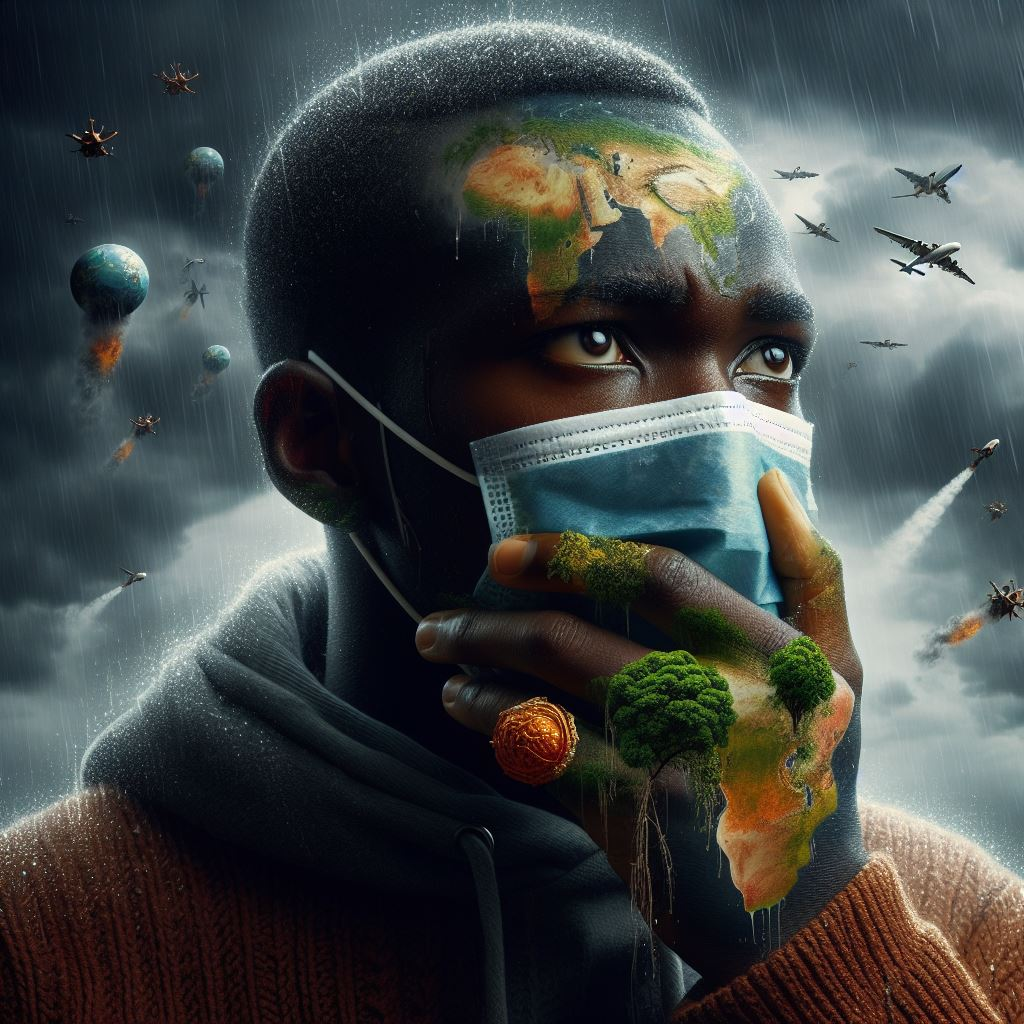Kaseya highlighted the need for comprehensive measures, including financial support for African countries grappling with disease outbreaks exacerbated by climate change.

Jean Kaseya, the director general of the Africa Centres for Disease Control and Prevention (CDC), underscored the critical impact of climate change on human health, labeling it the foremost threat to both Africa and the world. Kaseya emphasized the urgency of addressing this perilous situation as he headed to the COP28 climate summit in Dubai, stating that mitigating the risks associated with climate change tops his agenda.
Kaseya highlighted the need for comprehensive measures, including financial support for African countries grappling with disease outbreaks exacerbated by climate change. The director general expressed deep concern over the potential for a climate change-related disease originating in Africa to evolve into a global pandemic, a looming threat that preoccupies his thoughts.
This year alone, Africa has confronted a staggering 158 disease outbreaks, with Kaseya stressing the pivotal role of effective management in preventing these outbreaks from escalating into pandemics. The director general urged global attention to the interplay between climate change and health, emphasizing that each outbreak, if not properly managed, could have far-reaching consequences.
The COP28 climate talks, commencing on Thursday, will for the first time include a dedicated health day on December 3. Kaseya, alongside global health figures, is expected to leverage this platform to raise awareness about the intricate link between climate change and health. Scientists have already established connections between rising global temperatures and the surge in diseases such as dengue and cholera, setting the stage for a compelling discourse at the climate summit.
Extreme weather events, a consequence of climate change, further compound health challenges, as floods and other disasters facilitate the spread of diseases. Deforestation, another contributor to climate change, brings humans into closer contact with disease-carrying animals, heightening the risk of zoonotic diseases.
Speaking at the international conference on public health in Africa in Lusaka, Zambia, Kaseya emphasized the need to learn from the mistakes of the COVID-19 pandemic, particularly regarding equal access to vaccines and treatments. He asserted that global safety hinges on the collective well-being of all nations, emphasizing the imperative of ensuring equitable access to healthcare resources.
In response to this, the CDC is actively endorsing regional vaccine manufacturing initiatives and advocating for a pooled procurement mechanism for African countries to lower the cost of vaccines. Kaseya anticipates the operationalization of the African Medicines Agency, the first continent-wide regulatory body, by 2024, aiming to streamline healthcare processes and responses.
In preparation for potential regional outbreaks, the CDC is formulating procedures to declare “public health emergencies of continental concern,” aligning with the World Health Organization’s (WHO) terminology used to identify significant health threats globally. This proactive approach seeks to address health challenges promptly and effectively, learning from past instances where delays in response led to more significant problems.